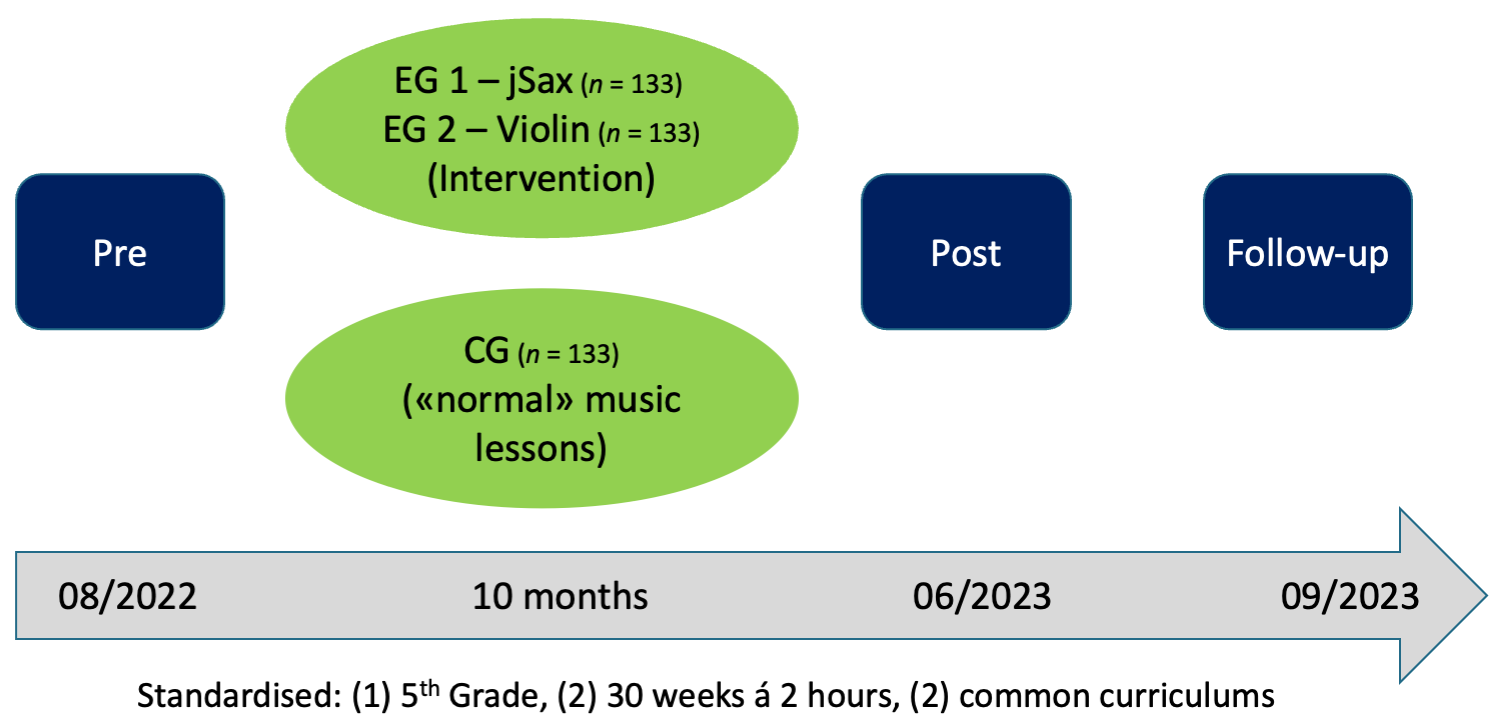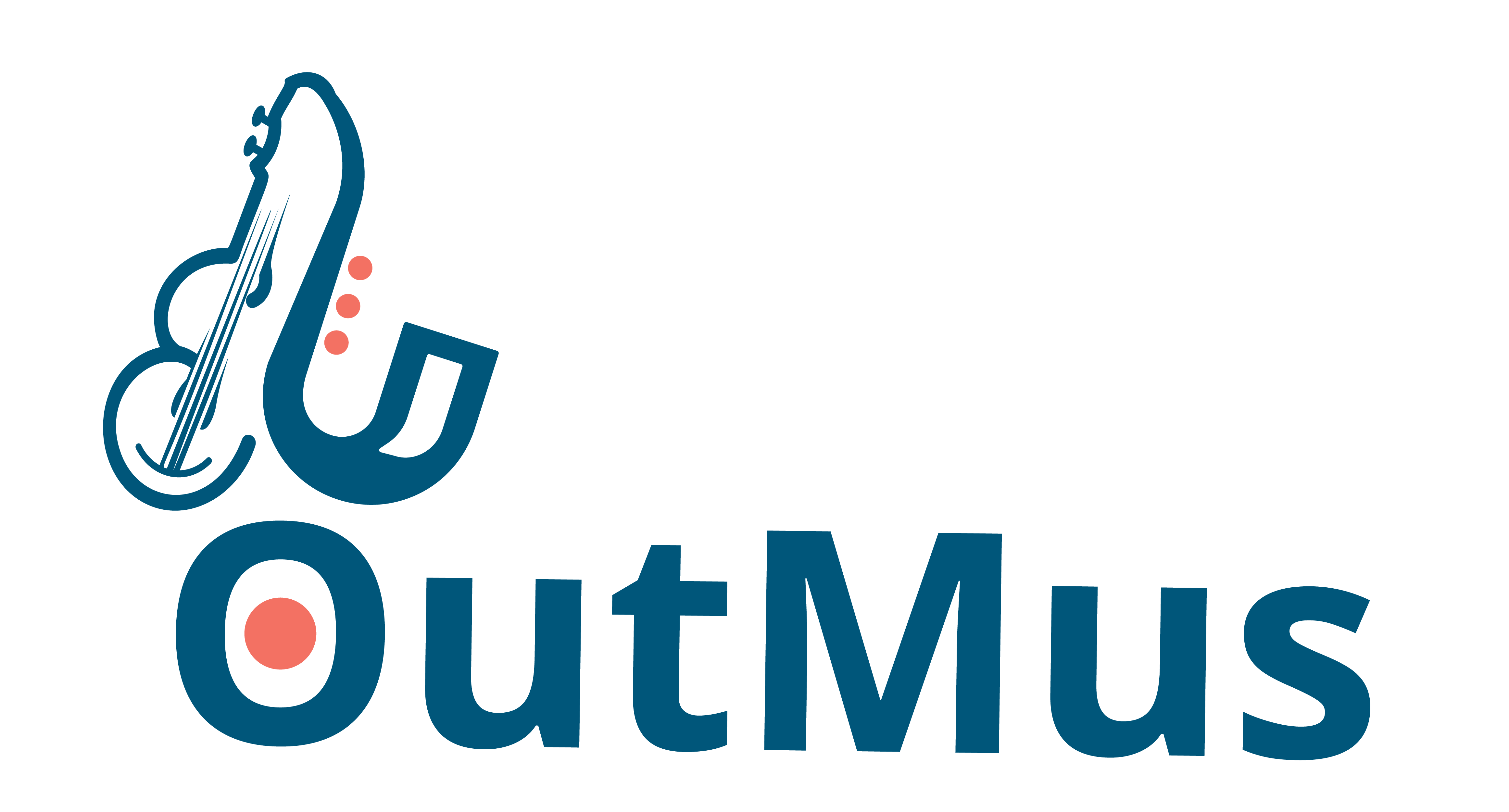Outcomes of Instrumental Tuition and Playing in an Ensemble – Teaching Music in Cooperation Between Primary and Music Schools (OutMus)
OutMus seeks to understand how different forms of music education affects the student. On the basis of music curricula documents it is obvious that main goals of music education in primary schools are to enable children to experience, reflect on, understand, and participate in musical activities. To fulfil these goals, the development of musical knowledge and competencies are crucial dimensions in terms of learning outcomes. Hence, the project’s primary objective is the assessment of learning outcomes according to different concepts of music instruction.
At the student level, we understand quality as the fulfilment of learning outcomes defined by the curriculum, especially musical competencies. More generally, quality can be viewed as positive effects on music-related and non-music-related personal traits (e.g., self-concept, social skills) as well as group behaviour (e.g., improved classroom climate). Thus, we ask generally (1) what kind of learning outcomes are achieved by music instruction over one year; and more specifically (2) do different types of instruction cause differences in the learning outcomes? In addition, the project can contribute to evaluating the experiences and effects that arise through cooperation between music and art schools (“kulturskole”) and primary schools.
The study is based on a quasi-experimental design in which we follow two experimental groups (students learning violin and students learning jSax) and one control group (“ordinary” music lessons) over a period of 12 months.

OutMus is funded by the Research Council of Norway (grant no. 320141).
Funding period: 01.06.2021 – 30.09.2024
